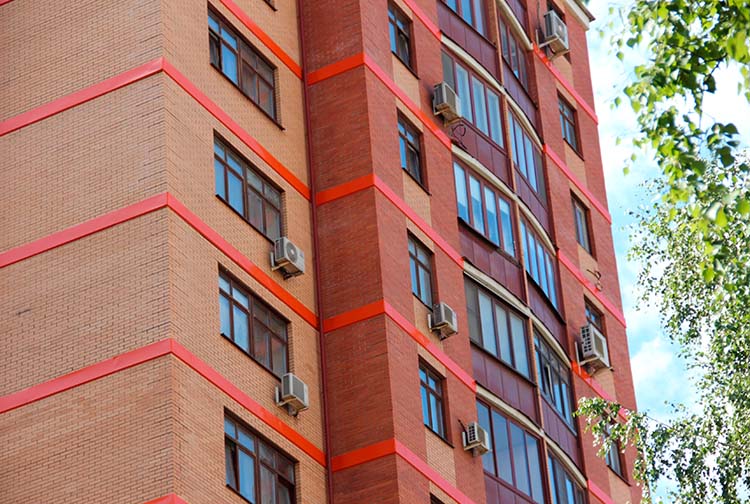

The Bank of Spain recommends keeping cash at home
Despite the digitalisation of the economy, in many households, there is still the custom of keeping cash to deal with possible emergencies. This is why the Bank of Spain has issued a series of recommendations on the amount of cash it is advisable to keep at home.
Although digital payment methods are becoming increasingly popular, paying in cash for day-to-day expenses and keeping cash at home are still widespread practices among a large part of the population. In fact, according to a report by the Bank of Spain, the use of banknotes and coins continues to be the most widely used means of payment daily (65%) by Spaniards in physical establishments.
While people generally keep their savings in a bank account or protect them from economic uncertainty by buying safe-haven assets such as gold, they also tend to keep a certain amount of cash at home to deal with possible unforeseen events or payments that still need to be made in cash.
Currently, there is no regulation limiting the amount of cash that citizens can keep at home. The Bank of Spain clarifies that there is no maximum amount of money that we can keep at home and that it is a legal practice, as long as the origin of the money is legal and has been previously declared to the Tax Agency.
The Bank of Spain itself recommends that citizens keep cash at home for emergencies. It also stresses the importance of physical money for the population as a whole, pointing out that it is “within everyone’s reach and allows those who do not have bank accounts to make payments”.
As for the amount of money we should keep at home, this depends on the circumstances of each household. Therefore, personal needs and fixed expenses in areas such as housing, food and transport, among others, must be taken into account. The Bank of Spain does not give a specific figure but recommends that this amount should cover between 6 and 12 months of fixed monthly expenses.
Risks of keeping cash at home
Security is one of the main factors to consider if you keep cash at home. No matter how well-hidden our money is, there is always the possibility of theft. In this context, it is essential to take out home insurance to cover these possible losses.
Another variable to bear in mind is inflation. The Bank of Spain warns that, while keeping money at home is entirely legitimate, inflation can devalue the amount of money we keep at home over time. In other words, money will not grow at the same rate as inflation if we keep it under the mattress.
On the other hand, when it comes to using the money we keep at home, we must keep in mind that, for more than two years now, cash payments are limited to a maximum of €1000. Although the law allows for certain exceptions, exceeding this legal limit will result in a hefty fine from the tax authorities.
To discover the best option to protect your savings, enter Preciosos 11Onze. We will help you buy the safe-haven asset par excellence at the best price: physical gold.
Leave a Reply
You must be logged in to post a comment.





Gràcies
Gràcies a tu, Joan!!!
Si a l’Estat Espanyol hi ha vora 19 milions de llars i suposem una reserva d’efectiu tipus de 3,000€ per llar, tindríem uns 57.000 milions € fora dels canals d’inversió. A partir d’aquí, hom pot especular sobre les raons del Banco de España per formular dita recomanació.
Doncs sí, penso igual, ens guien i ens porten cap a unes coses, com la desaparició de l’euro físic i la implantació dels diners digitals, i per altra banda ens recomanen tenir diners a casa per passar mig any o un any, i que segons la família, podria significar tenir a casa més de 20.000 euros, i clar, si llavors t’enxampa el govern, au, feina a demostrar que són rendes del treball i no diners en negre…, la veritat, ni cap ni peus… Moltes gràcies pel teu comentari, Josep!!!